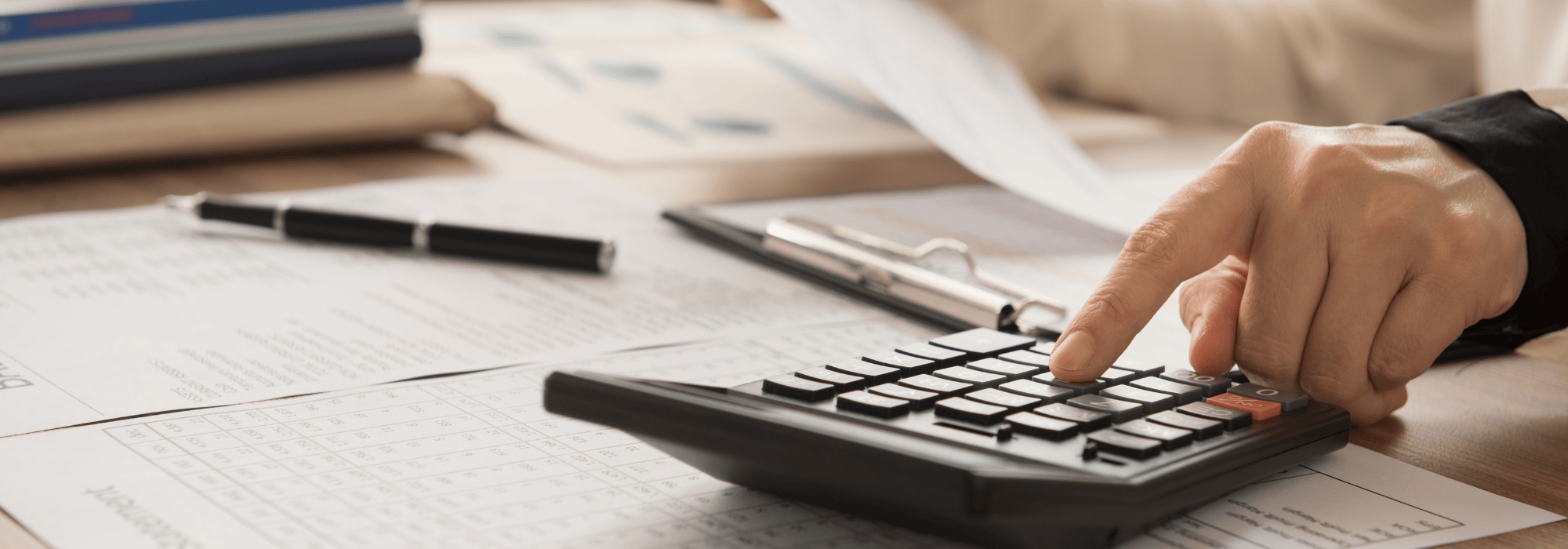Best Practices & Tips for Tenants

1. Document Everything
Put all communications with your landlord in writing. This includes repair requests, notices, and rent payments. It’s your best defense in case of a dispute.
2. Don’t Withhold Rent for Repairs
Even if repairs are overdue, always stay current on rent. You could risk eviction or lose access to legal remedies like “repair and deduct.”
3. Use a Move-In Checklist
Thoroughly document the condition of your unit when you move in and out. Take photos and make sure the checklist is signed by both you and your landlord.
4. Evictions Must Go Through Court
A landlord cannot lock you out, shut off utilities, or remove your belongings without a legal eviction process. Call the police if this happens.
5. Give Proper Notice When Moving Out
Month-to-month renters must give 20 days’ written notice—earlier is better. Send it by certified mail to avoid disputes.
6. Leases Are Legally Binding
Landlords can only enforce written lease terms. Once on a month-to-month lease, they can change terms with 30 days' written notice.
7. There’s No Rent Control in WA
Outside of Seattle, there’s no cap on rent increases after your lease ends. You must receive 30 days' written notice for any increase.
9. Survivors of Domestic Violence Are Protected
You cannot be denied housing or evicted for being a survivor. You can legally break your lease to escape an abuser—learn the correct process first.
10. Prioritize Rent Payments
Housing stability is critical. Pay rent on time, and document every transaction to protect yourself from wrongful eviction.
11. Advocate for Change
Your voice matters! Share your renter experience with lawmakers. Call 1-800-562-6000 to leave a message for your WA state legislators.
For full article and more resources visit the Tenants Union site at https://tenantsunion.org/rights/best-practices-and-tips-for-tenants




